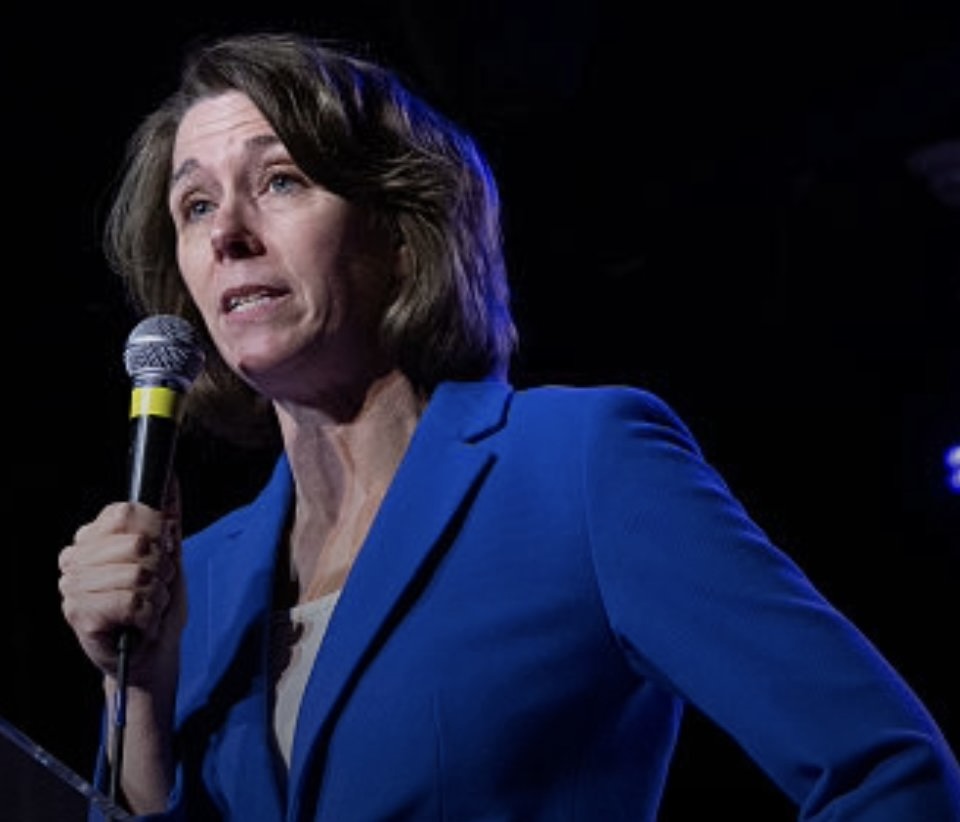Yesterday , Judge Susan Crawford secured a pivotal victory in the Wisconsin Supreme Court election, defeating former Attorney General Brad Schimel and preserving the court’s 4-3 liberal majority. Projected by NBC News and other major outlets, Crawford’s win isn’t just a victory for Democrats—it’s a sharp rebuke of the high-dollar efforts by Elon Musk and Donald Trump, who poured millions into Schimel’s campaign but ultimately came up short.
In an election that shattered spending records, Wisconsin voters sent a clear message: even the deepest pockets have limits.
A Deluge of Dollars
This race was awash with money. The Brennan Center for Justice estimates that spending exceeded $90 million by Monday, making it the most expensive state Supreme Court race in U.S. history. Some sources, including WisPolitics, suggest the total may have even surpassed $100 million.
Musk, reportedly contributing at least $20 million through groups like America PAC and Building America’s Future, became a visible figure in the race—sporting a cheesehead in Green Bay and backing eyebrow-raising tactics like $100 petition handouts. He also funneled an additional $2 million to the Wisconsin GOP.
Crawford’s campaign, meanwhile, countered with substantial support from the Wisconsin Democratic Party and major donors like George Soros and JB Pritzker, raising over $22 million. Democratic groups aggressively framed Musk as an outsider meddling in Wisconsin’s judiciary, turning a nominally nonpartisan judicial race into a high-stakes national battle.
Voter Turnout Speaks Volumes
With over 2 million ballots cast, voter turnout shattered records for a Wisconsin spring election. Milwaukee, in particular, saw such overwhelming participation that some precincts scrambled to print extra ballots.
In the end, Crawford triumphed with approximately 54% of the vote to Schimel’s 46%. While Schimel accepted the results without controversy, Crawford, addressing supporters in Madison, framed her victory as a stand against outside influence in state judicial elections.
Her characterization of the race as a David-versus-Goliath battle is debatable—after all, both sides benefited from massive spending—but the core message resonates: Wisconsin voters rejected an unprecedented influx of outside money.
The Bigger Picture
This election underscores a growing trend in judicial races: the increasing resemblance to U.S. Senate contests, where out-of-state donors and attack ads dominate the landscape.
Douglas Keith of the Brennan Center for Justice noted that such elections are becoming less about judicial philosophy and more about political warfare. The race was awash in fear-driven advertising, with both sides hammering crime-related themes—despite the court’s limited role in day-to-day criminal justice policy.
Perhaps most strikingly, Musk’s deep involvement proved to be a double-edged sword. Fresh off of Trump’s narrow 2024 victory in Wisconsin, Musk saw this election as an opportunity to flex his political influence. Instead, Democrats successfully shifted attention away from Trump and toward Musk’s interventions, organizing “People v. Musk” town halls to rally opposition. The strategy paid off, offering a potential blueprint for Democrats heading into the 2026 midterms.
Looking Ahead
Crawford’s win solidifies the liberal bloc on the Wisconsin Supreme Court, positioning it to rule on critical issues in the coming years. While she won’t take the bench until August—missing a key ruling on the 1849 abortion ban—she will be instrumental in cases related to:
• Abortion rights, including potential constitutional amendments
• Union laws, which could impact labor protections statewide
• Congressional redistricting, a major factor in Wisconsin’s political balance
For Musk and Trump, this loss is a high-profile setback that highlights the limits of their financial and political reach. For Wisconsin voters, it’s a glimmer of hope that judicial integrity can still prevail over outside money.
A Defining Message
In this election, Wisconsin didn’t just choose a Supreme Court justice—it sent a message: money can’t always buy power, and voter voices still matter.
How this shapes future judicial contests remains to be seen, but for now, the integrity of Wisconsin’s courts appears to have withstood the test.
A global media for the latest news, entertainment, music fashion, and more.




